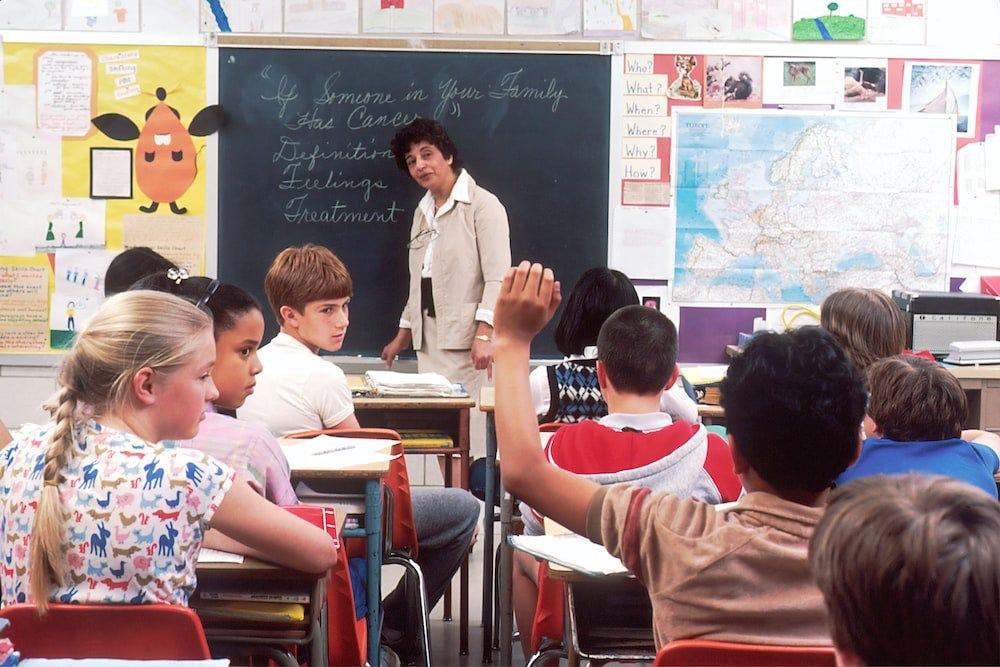Educational policy is the set of rules, guidelines, and strategies that govern how education is delivered in a particular jurisdiction.
The policies set by governments, school districts, and educational institutions can have a significant impact on student achievement. This essay will explore how educational policy can affect student achievement, including the role of funding, teacher quality, accountability, and curriculum.

Funding:
One of the most important factors in determining student achievement is the amount of funding available for education. Consistent research consistently demonstrates that higher levels of funding correlate with improved student outcomes.
Adequate funding allows schools to provide better facilities, resources, also support to students, which can improve their academic performance.
However, funding alone is not enough to guarantee academic success. How the money is spent is also important.
Schools utilizing funds for hiring qualified teachers, offering professional development, and implementing evidence-based instructional practices tend to witness enhanced student achievement.
Teacher quality:
The quality of teachers is another crucial factor in determining student achievement. Teachers who are knowledgeable, skilled, and passionate about their work can inspire students also create a positive learning environment. In contrast, poorly trained or unmotivated teachers can undermine student success.
Educational policy can influence teacher quality in several ways. One approach is to invest in teacher education and training programs to ensure that teachers have the knowledge and skills they need to be effective educators.
One option is to incentivize top teachers to work in underprivileged communities where the demand for quality educators is high.
Accountability:
Accountability entails holding schools and teachers responsible for student outcomes. The educational policy can establish accountability measures, such as standardized testing, to assess student achievement and hold schools and teachers accountable for student performance.
While accountability measures can be useful in identifying areas where schools and teachers need to improve, they can also have unintended consequences.
High-stakes testing may prioritize test preparation over essential aspects of education, like critical thinking, creativity, and social/emotional growth.
Curriculum:
The curriculum offers students a set of subjects and learning experiences. An educational policy can shape the curriculum by setting standards for what students should know also be able to do at different grade levels.
A well-designed curriculum can support student achievement by providing students with a broad range of learning opportunities also preparing them for the challenges of the future. However, a poorly designed curriculum can limit student potential and contribute to achievement gaps.
Conclusion
Educational policy can have a significant impact on student achievement. Funding, teacher quality, accountability, and curriculum are all factors that can influence how well students perform academically.
By investing in high-quality teachers, providing adequate funding for education, establishing effective accountability measures, and designing a well-rounded curriculum. The educational policy can help ensure that all students have the opportunity to reach their full potential. 온라인카지노사이트
Be First to Comment